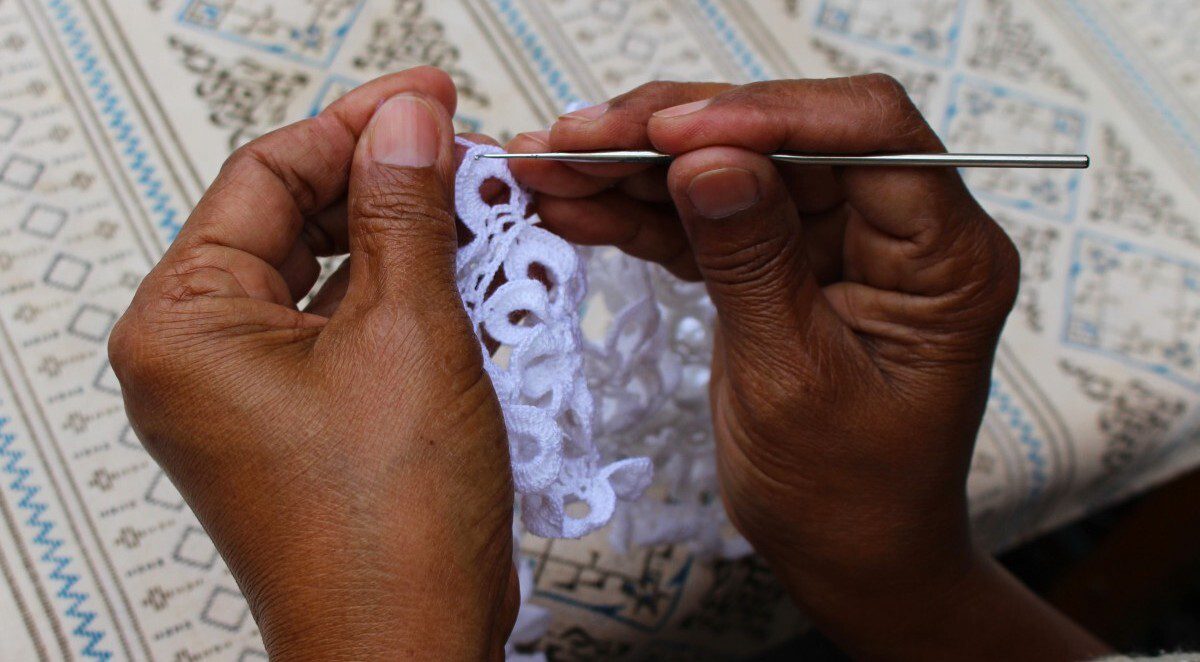The project supports members with basic sewing skills who are interested in the employment in the garment business or a sewing machinist career by providing them with advanced techniques using a range of different teaching methods.

Who
Run by the African Community Heritage Hub Ltd the project supports African women who are refugees, originally from the East of Congo, Eritrea, Somalia and Syria.
What
Dressmaking and sewing classes using recycled materials to support people to gain employment.
Where
Balsall Heath, Birmingham
When
2019-2021
The project also encourages members to be actively involved and to undertake additional work in their own time, helping them develop a wide variety of sewing skills and techniques to make a range of different items.
Having good working conditions, fair contractual conditions, and stable employment that pays at least the real Living Wage all have a big impact on our health, and refugees and migrants face additional barriers to good health. Being out of work or being in low-paid employment has a significant and long-term negative impact on your health and your wellbeing.
This project helps participants to improve their employment prospects with emphasis on the sewing skills including discussions on sewing as a viable employment option, such as a Clothing Sewing Machinist as well as supporting those who are thinking of becoming self-employed.
During the Covid-19 pandemic, the project provided participants with a sewing machine, iron, scissors, and other necessary materials so that they could continue sewing skills training at home. One participant is using the basic skills she has gained from the project to stitch simple blouses and dresses, and during the pandemic, she started making face masks to help people in her community who cannot afford to buy a mask.
I am happy with the training of the project and I want to thank the African Community Heritage Hub Ltd for initiating the project and the Peoples’ Health Trust for providing financial support.
Project participant
